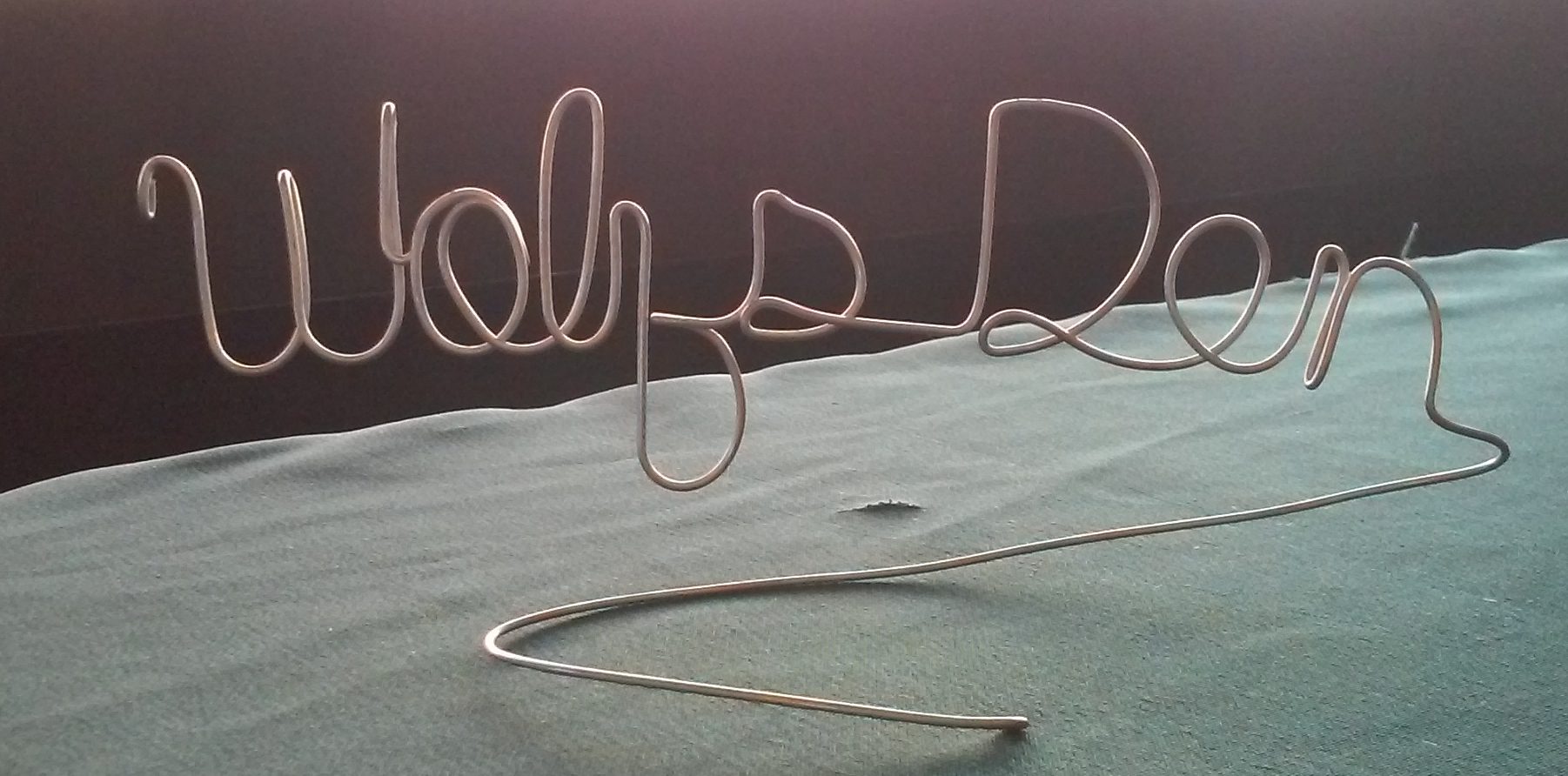How do you move on from a completed story (a manuscript that’s like a dependable friend who’s there for you on the daily) to a new one (a charismatic stranger who hints at untried—though fresh and bold—adventures in uncharted territories)?
…
… Oh! I’m supposed to answer that. Sorry. I was waiting for the wisdom to this question, myself. (←Corny? Yes, I know. Don’t care, moving on.) Moving on is difficult; it’s hard for many writers. If you’re a loyal dog like I am, then saying goodbye to a set of eternal characters can feel a bit like breaking up. You’ve gotten used to these people; you know how they think. Their crucibles, their motivations, and their every crux are so intimately known to you that you’d know precisely what they would do or say in any given ‘real-life’ situation. You’re so accustomed to their habits and voices that it seems they write their own next bit of dialogue or could even lead you, their creator, on to the next scene. You know their world so well you could walk around in it with your eyes closed, turning every corner without stumbling, drive along every road and point out the points-of interests like a tour guide (expecting a fat tip), or sidle up to the local bar, where everyone knows your name, and the bartender already has your preferred beverage waiting before your ass ever hits the barstool. It’s not easy letting go of this comfortable kind of familiarity.
For me, it’s the characters I write about. I get to know them as I write them. In the end, I care about them. So much so, that I miss them all when I write, The End. Then they’re gone, or so that’s how it feels. There is always a painful, post ‘break-up’ period, and then I have to ‘meet’ new characters. We do that let’s-get-acquainted Tango—mostly it’s me that’s the reluctant dance partner. But all that needs happen is a quirky line, or an unforgettable scene, and then… I’m hooked, let’s get it on.
Moving on is absolutely necessary if you ever want to branch out and discover a new world, new characters who could be just as interesting with their own personalities, quirks, and vices.
And always have a next. Several, preferably. Don’t say, “But I don’t have any other story ideas,” because we all have a head crammed full of them. Rather than keep a headful, keep a folder-ful instead. NEVER let a story idea go. You don’t have to write the whole manuscript, or even an outline. Just make the folder on your computer,—or go to an office supply store and get a box of tabbed file folders if that’s your paper thing—give it a title (you can always rename it later if you come up with a better/different title name), and create a document in it called, ‘Premise’, ‘Idea’, or whatever works for you. The point is: Don’t lose the inception. When you let ‘a thing’ pass you by, that is exactly what it will do… pass right on by, unencumbered, and leave us struggling to remember the finer details.
The knowledge of how to let go of what’s old—what’s told—is to fully embrace, without lingering, what’s new and demanding your attention. It’s okay to step into a new world. It’s okay to fall in love with new characters; the old ones won’t mind, they’re immortal! But the untold ones will certainly die if you don’t breathe life into them.

